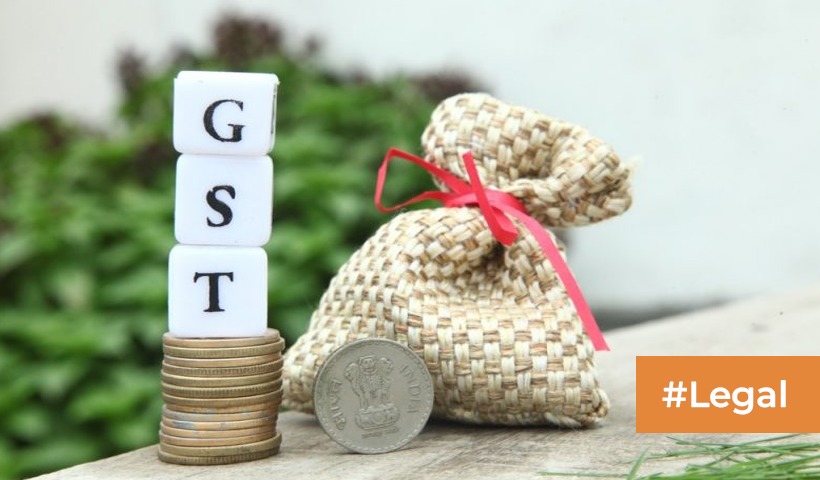Property Rights of Illegitimate Children: Understanding Legal Frameworks!
The property rights of illegitimate children in India have evolved over time. Under the Hindu Succession Act, 1956, illegitimate children were not entitled to any share in the ancestral property of their father. However, the Supreme Court of India has held that this provision is discriminatory and violative of Article 14 of the Constitution.
- In the case of K.S. Puttaswamy v. Union of India, the Supreme Court held that the right to property is a fundamental right under Article 31(1) of the Constitution. The court also held that the right to property includes the right to inherit property.
- In the case of Jharna Das v. State of Bihar, the Supreme Court held that illegitimate children are entitled to inherit property from their father, even if the father is a Hindu. The court noted that the Hindu Succession Act, 1956, does not explicitly exclude illegitimate children from inheriting property.
The Supreme Court’s rulings in K.S. Puttaswamy and Jharna Das have paved the way for illegitimate children to inherit property from their fathers, even if the fathers are Hindus. However, there is still some uncertainty about the extent of the property rights of illegitimate children. For example, it is unclear whether illegitimate children are entitled to inherit ancestral property from their fathers.
In addition to the Hindu Succession Act, 1956, there are a number of other laws that affect the property rights of illegitimate children in India. For example, the Guardians and Wards Act, 1890, gives the court the power to appoint a guardian for an illegitimate child. The court may also appoint a trustee to manage the child’s property.
The Child Marriage Restraint Act, 1929, prohibits the marriage of children under the age of 18. However, the act does not explicitly address the issue of property rights of children born out of wedlock.
The Protection of Women from Domestic Violence Act, 2005, gives women the right to claim maintenance from their husbands, even if they are not legally married. The act also gives women the right to claim a share in the matrimonial property. However, it is unclear whether illegitimate children are entitled to claim maintenance or a share in the matrimonial property under this act.
Overall, the property rights of illegitimate children in India are complex and evolving. There is still some uncertainty about the extent of these rights. However, the Supreme Court’s rulings in K.S. Puttaswamy and Jharna Das have made it clear that illegitimate children are entitled to inherit property from their fathers.
Disclaimer: The views expressed above are for informational purposes only based on industry reports and related news stories. PropertyPistol does not guarantee the accuracy, completeness, or reliability of the information and shall not be held responsible for any action taken based on the published information.




